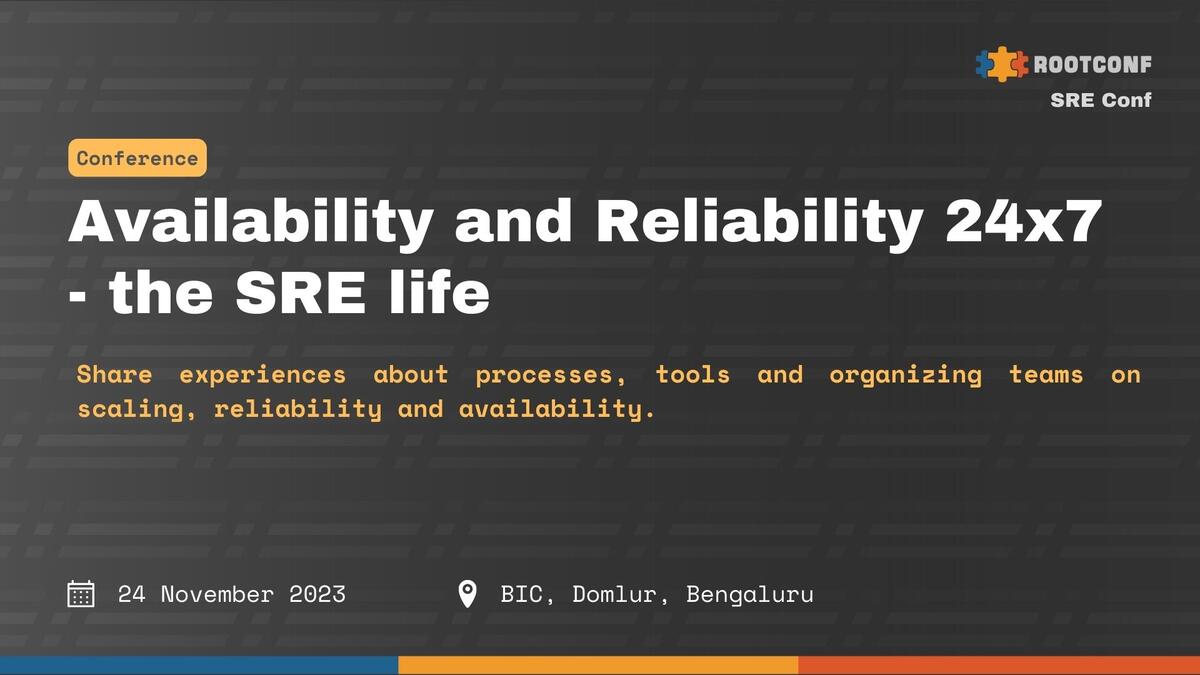One of the biggest challenges of leading SREs is increasing capacity to respond to business need. Demand almost always outstrips supply. Hiring is usually the fastest solution but only if it is planned and executed well.
In the past 25 years, bitter experience has taught me that there a dozen different ways to mess up hiring. The ability to hire predictably can make a team twice as successful. Conversely, bad hiring skills cause expensive, long term problems that can significantly hold back a team.
In this talk we’ll discuss my strategies hiring SREs successfully and
how to apply them.
One of the biggest challenges of leading SRE teams is increasing capacity in response to business needs. Business demand tends to change at short notice and expects a quick response. Hiring is usually the only method that can respond quickly enough. Even then it is often much slower than demand requires and needs careful planning and execution for any hope of success.
Many people who are new to hiring often assume that the most difficult task is to validate the skills of candidates. In response they invest a lot of time and energy into devising the ideal selection process but nevertheless fail to get the outcomes they need.
In truth, in most SRE organisations hiring is a complex, long term process. Each of the key processes: planning, sourcing, filtering, selection, negotiation, closing, and on-boarding requires careful consideration for successful hiring. Mistakes in any of these steps can cause everything from slight delays to long, expensive replacement programs.
Over the past 25 years I have been involved in hiring SREs, Devs and more. I’ve learned that while there is no single correct way to hire, there are strategies that have worked well for me.
In this talk I’ll discuss how I approach recruitment, what has worked for me, some tips and things to avoid. We’ll start by looking at the primary challenges that your hiring process will have to address. Why should it always be looked at as a long term, ongoing process.
We will go on to what your SRE team should look like. How do you decide how many people you need? What experience will they need? We will discuss the pros and cons of seniors versus juniors and the benefits of hiring newbies.
We’ll take a short diversion into the intrecacies of sourcing candidates, touching on the various methods and their effectiveness. A key aspect of sourcing is improving the accuracy of sourced profiles in terms meeting of the requirement.
When looking at the process of taking an SRE from being a new candidate to a new hire, we’ll discuss the problems of keeping it sustainable, cost-effective and candidate-friendly. We’ll look at what a selection process can and can’t tell you about an SRE. How is campus hiring different? How do you deal with low budgets? How is it more effective to hire ethically?
In the last few years the task of ensuring that a candidate who has accepted a job offer actually joins has become a new kind of challege. Why has this happened and what are successful strategies to address this?
We’ll end with discussing on-boarding, alternatives to traditional interviews and alternatives to hiring itself.
Along with technology, hiring is the most important factor that influences the success of an SRE team. In my experience, companies that cannot successfully and reliably hire, fail the longevity test. Unfortunately, most engineers see hiring as an unpleasant distraction from so-called real work. With this talk, I hope more SREs will understand the criticality of hiring and also that it is a fascinating problem space for them.


{{ gettext('Login to leave a comment') }}
{{ gettext('Post a comment…') }}{{ errorMsg }}
{{ gettext('No comments posted yet') }}